14 Rabbit-Resistant Plants to Keep Your Garden Safe
If rabbits treat your garden like their personal buffet, you’re not alone. These cute but hungry visitors can quickly destroy flower beds, vegetables, and young shrubs.
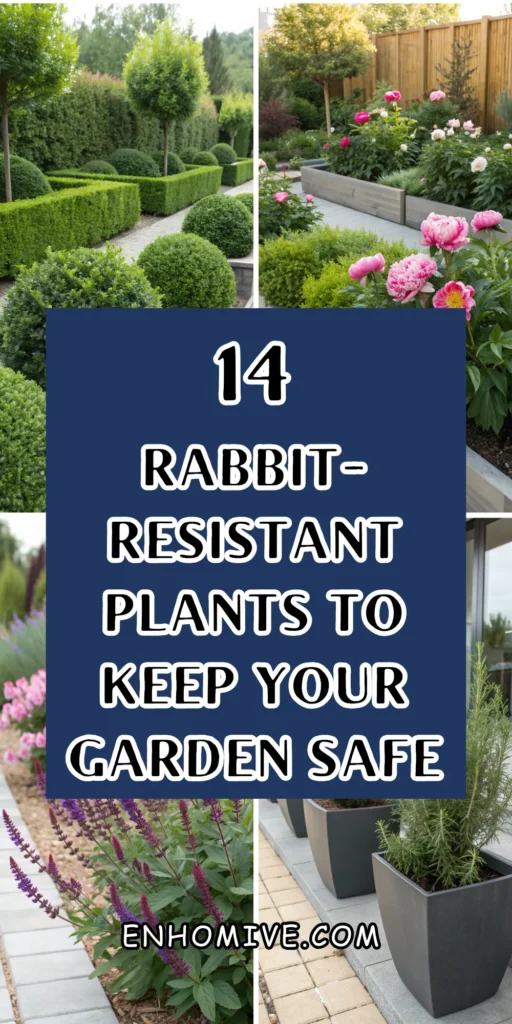
The good news? Some plants are naturally unappealing to them thanks to their texture, taste, or scent. From bold blooms to fragrant herbs, here are 14 rabbit-resistant plants that will help you keep your garden thriving — no fences required.
Lavender
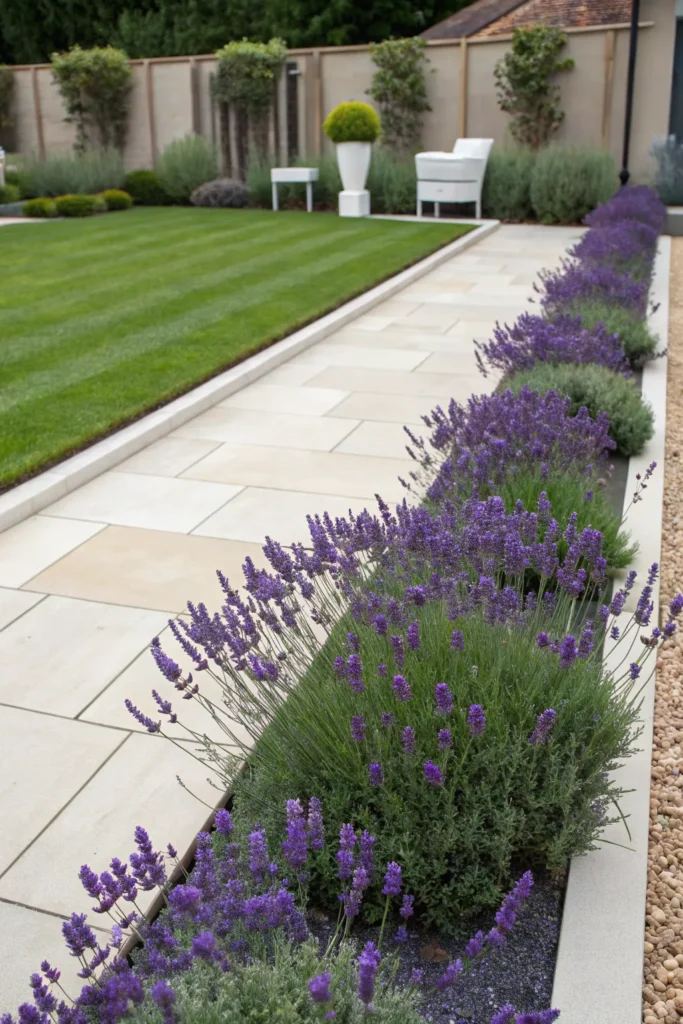
Lavender’s soothing scent may calm humans, but rabbits hate it. Its strong fragrance and slightly woody stems keep them far away.
Plant it along borders or pathways to create a fragrant, pest-proof perimeter. Bonus: it attracts bees and butterflies while deterring deer too.
Salvia
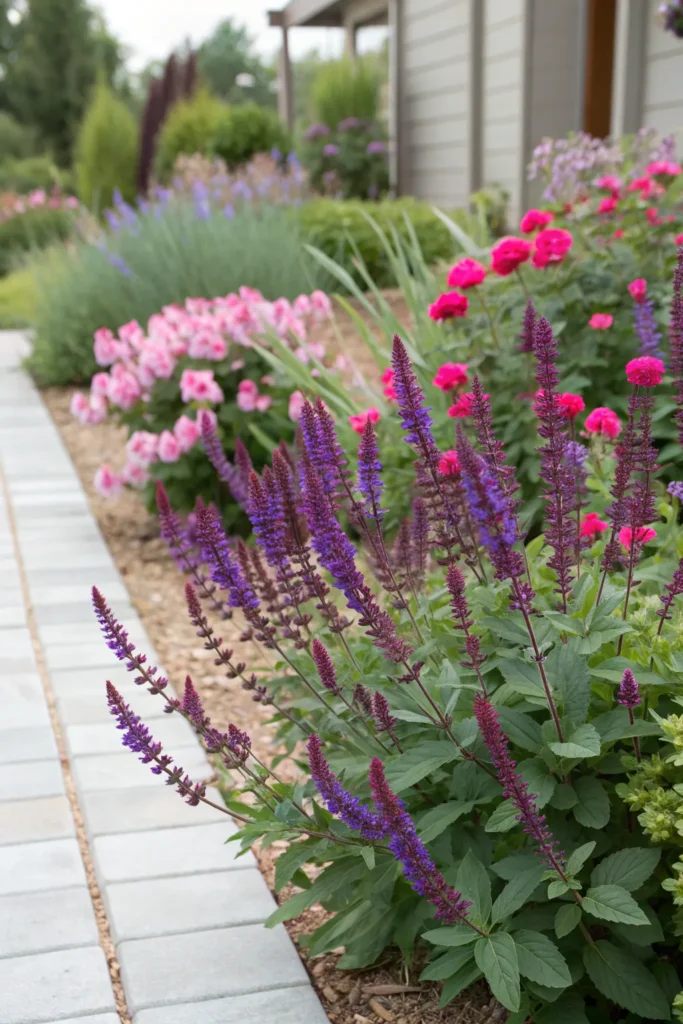
This hardy perennial has aromatic foliage and spiky blooms in shades of purple, pink, and red that rabbits avoid nibbling.
Salvia thrives in sunny, dry spots, making it ideal for low-maintenance, rabbit-proof borders. It also pairs beautifully with roses and ornamental grasses.
Russian Sage
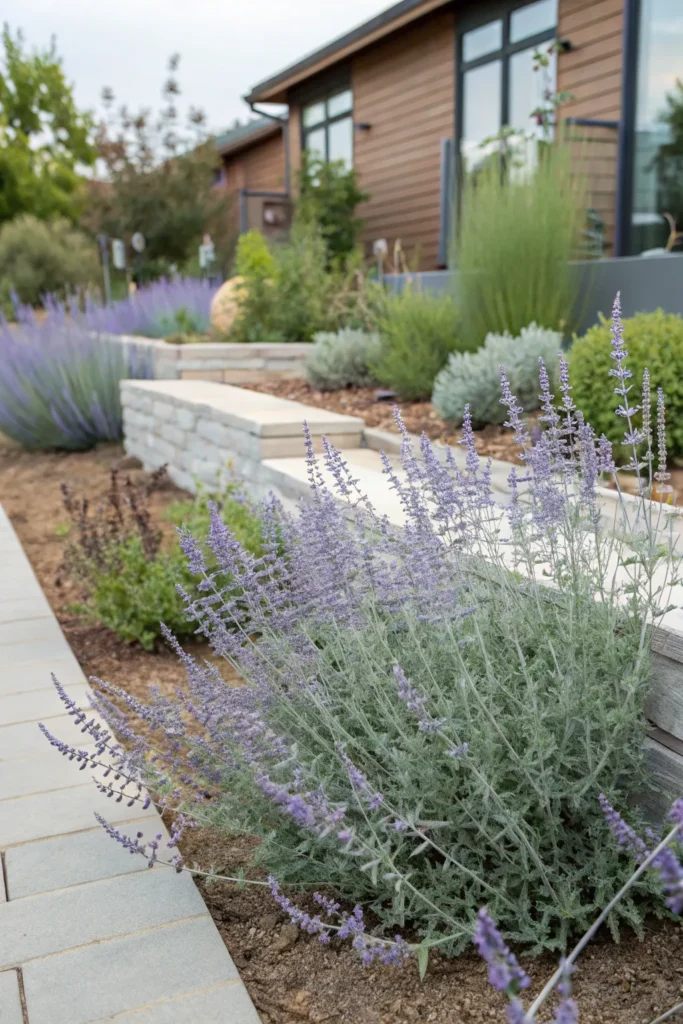
With its silvery leaves and lavender-blue flowers, Russian Sage looks stunning and stands up to both drought and rabbits.
It thrives in full sun and poor soil, adding a breezy texture to garden beds. Its scent and fuzzy leaves make it unappetizing to most wildlife.
Yarrow
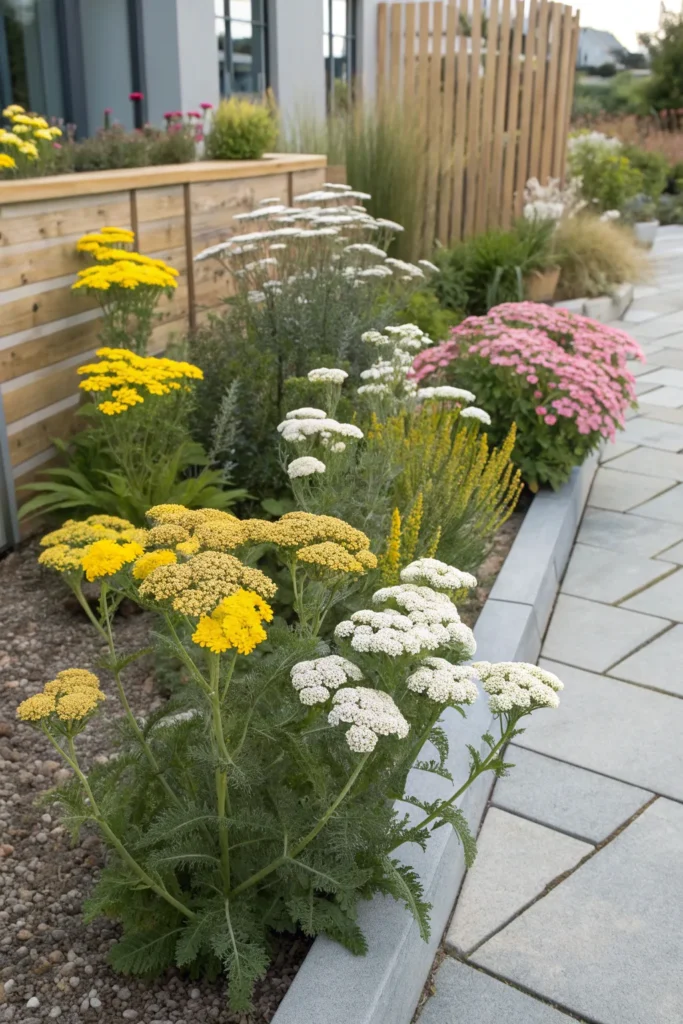
Yarrow’s feathery foliage and bitter taste make it one of the easiest rabbit-resistant flowers to grow.
It blooms in cheerful clusters of yellow, pink, or white through summer and thrives in dry, sunny areas where rabbits rarely venture.
Lamb’s Ear
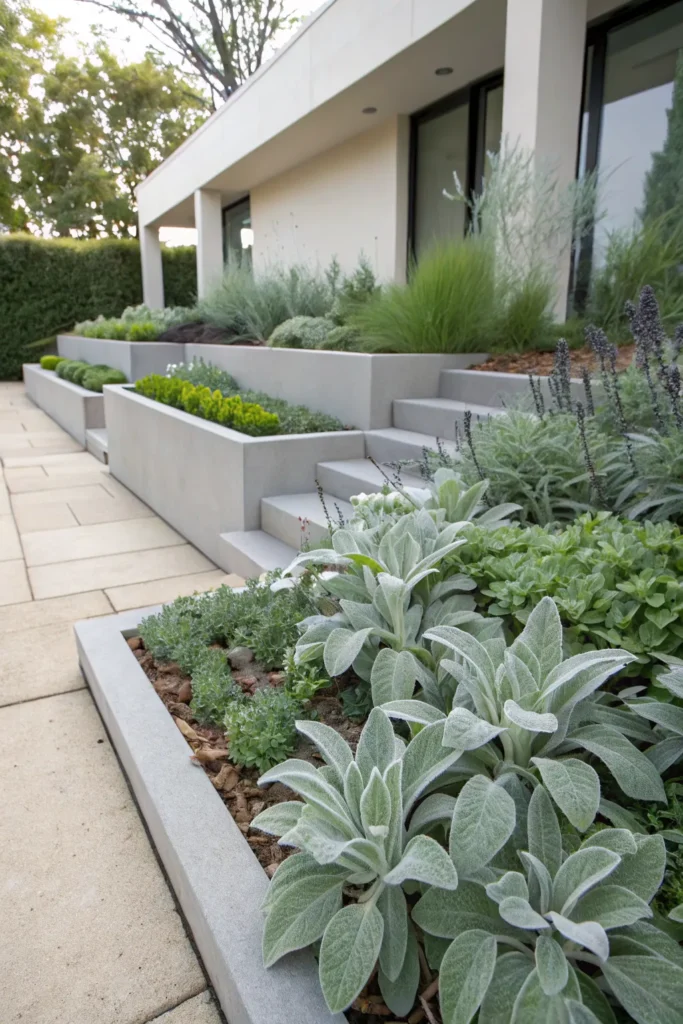
Soft and velvety to the touch, Lamb’s Ear might look inviting — but rabbits can’t stand its fuzzy texture.
It’s a hardy groundcover that spreads quickly and adds silver contrast to your flower beds. Great for edging or filling in bare patches.
Catmint (Nepeta)
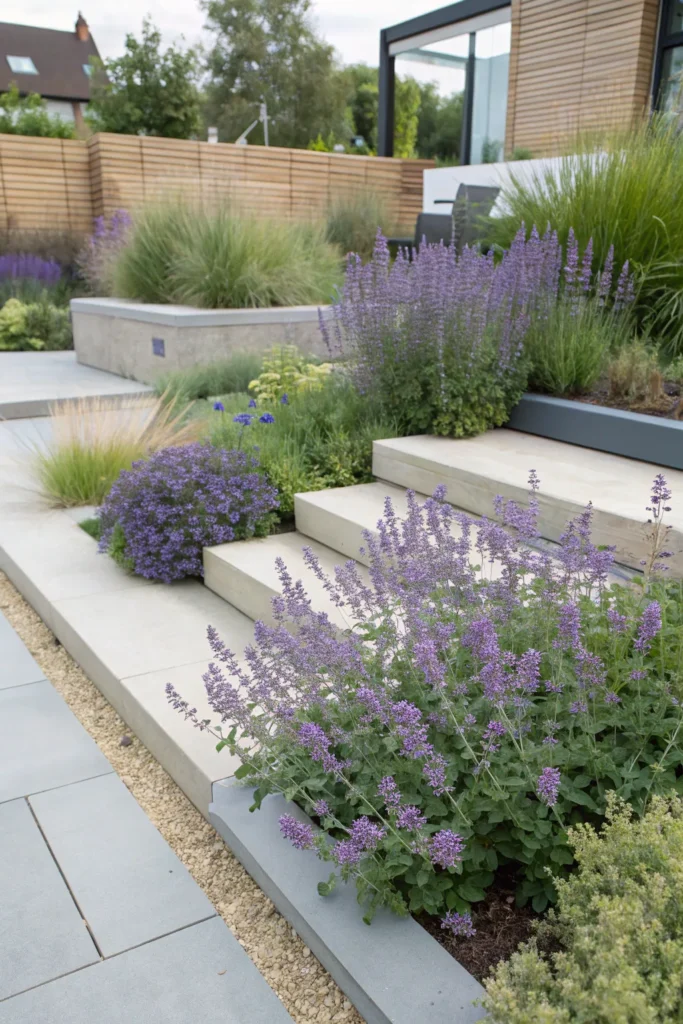
Catmint’s fragrant, minty aroma is a strong deterrent for rabbits and deer alike. The lilac-blue blooms last for months and draw pollinators instead of pests.
It’s drought-tolerant and thrives in sunny areas, making it a low-effort, high-reward choice for rabbit-prone gardens.
Boxwood
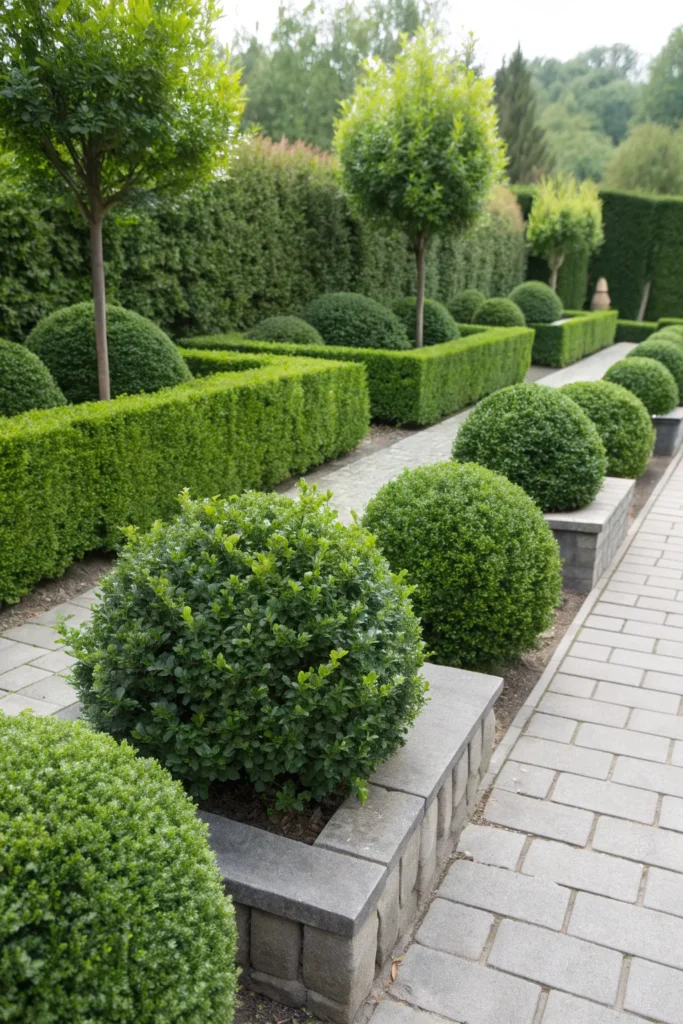
These dense evergreen shrubs are not only elegant but also rabbit-resistant thanks to their leathery leaves and bitter taste.
They’re perfect for formal borders, foundation plantings, or even small garden mazes. Boxwoods stay lush and green year-round.
Bleeding Heart
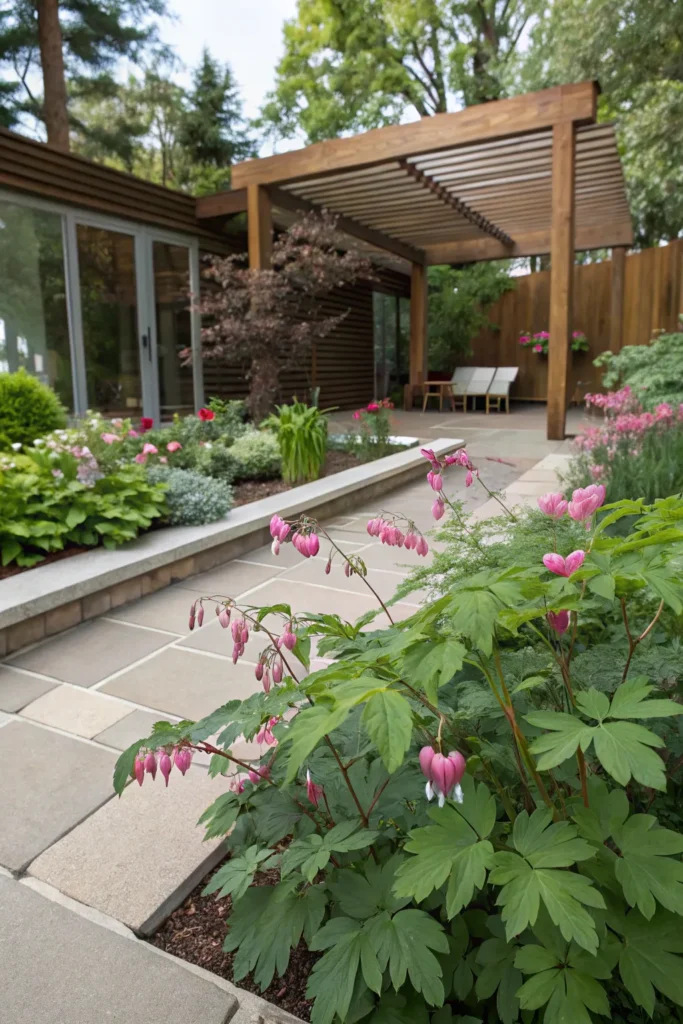
This shade-loving perennial produces delicate, heart-shaped flowers that rabbits rarely touch.
It adds romantic charm to woodland gardens or shady corners and thrives in cool climates with moist, well-drained soil.
Peony
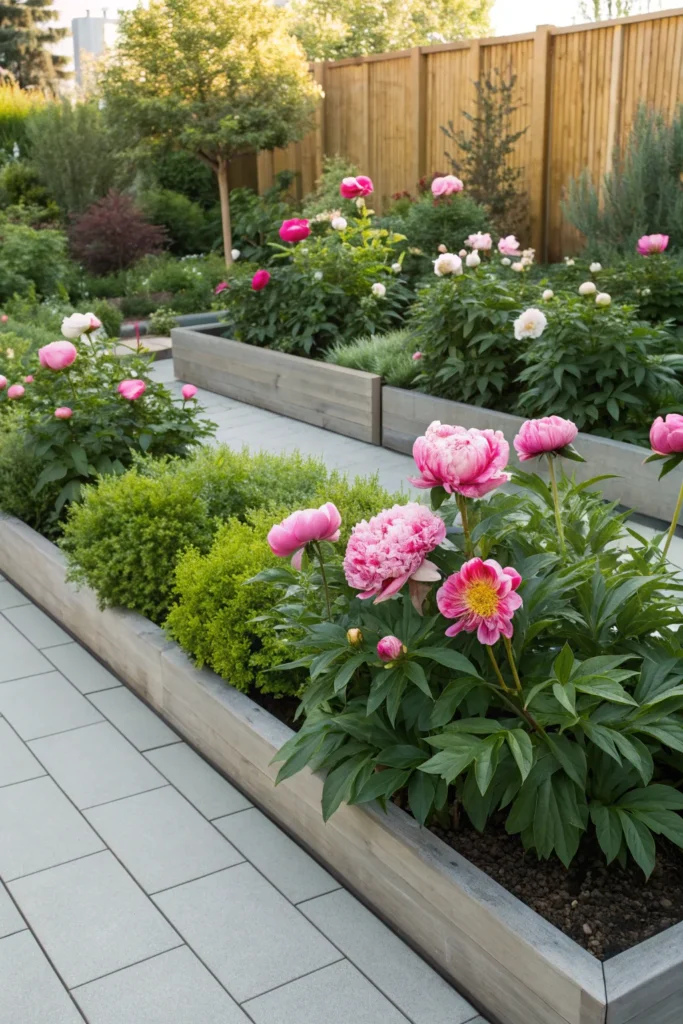
Rabbits might love tender shoots, but they tend to avoid mature peony plants because of their bitter-tasting foliage.
Peonies are long-lived perennials that bring lush blooms and structure to flower beds. Once established, they’re practically maintenance-free.
Bee Balm (Monarda)
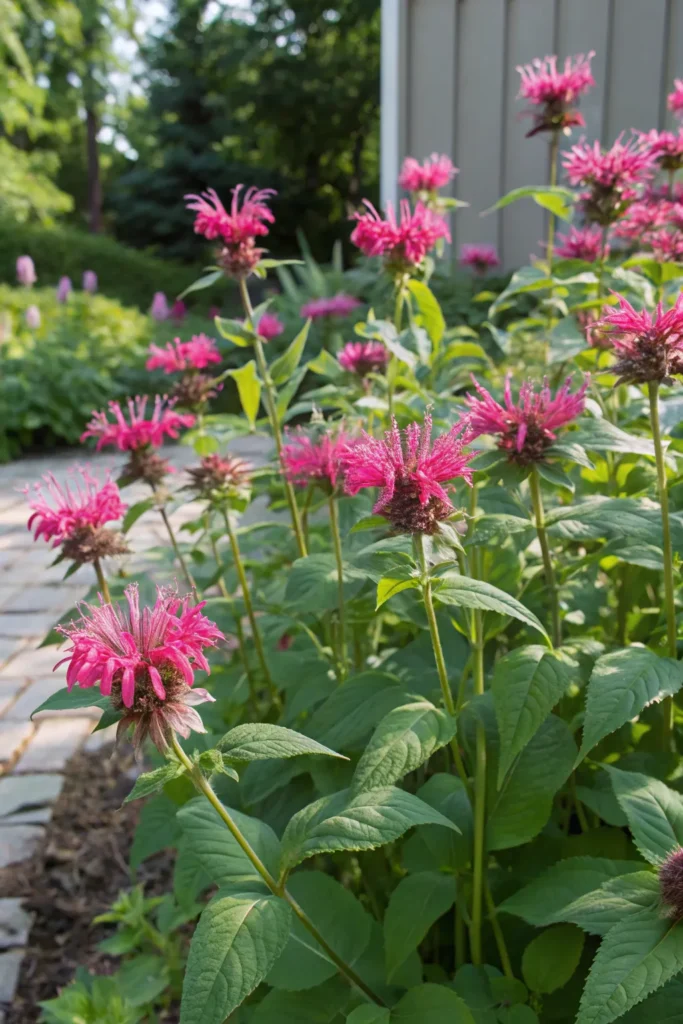
Bee Balm’s bright flowers and strong minty aroma make it a magnet for hummingbirds — and a repellent for rabbits.
It thrives in sunny spots and adds a burst of color through summer. Cut it back after flowering to encourage fresh growth and keep it neat.
Rosemary
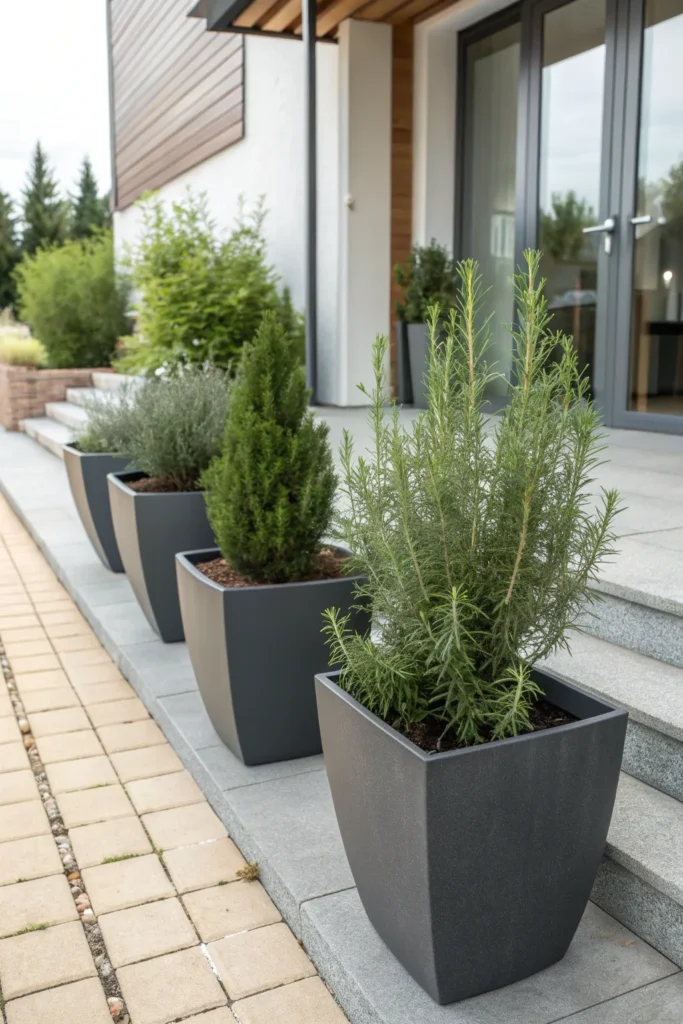
This kitchen favorite doubles as a natural rabbit deterrent. Its woody stems and powerful scent make it unappetizing to most wildlife.
Grow it in pots near entryways, along paths, or in herb gardens. It stays evergreen in mild climates and adds flavor to your meals year-round.
Coreopsis
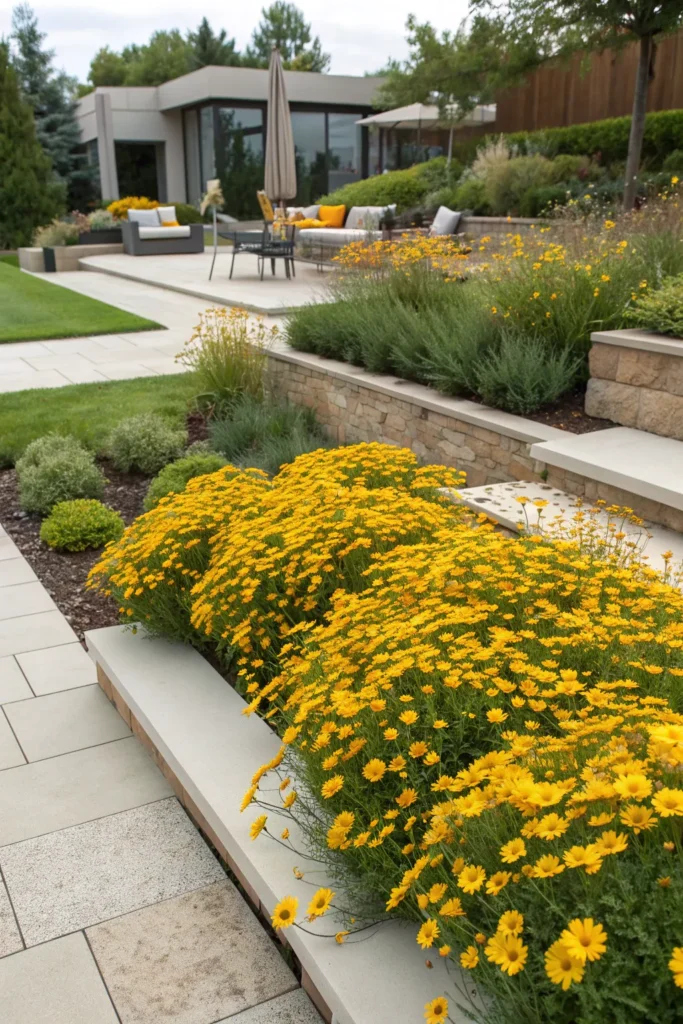
These bright, daisy-like flowers are full of color but not on a rabbit’s menu. Their slightly bitter leaves and scent keep pests away.
Coreopsis thrives in full sun, resists drought, and blooms nonstop from early summer through fall. Perfect for low-care, colorful landscapes.
Hellebore (Lenten Rose)
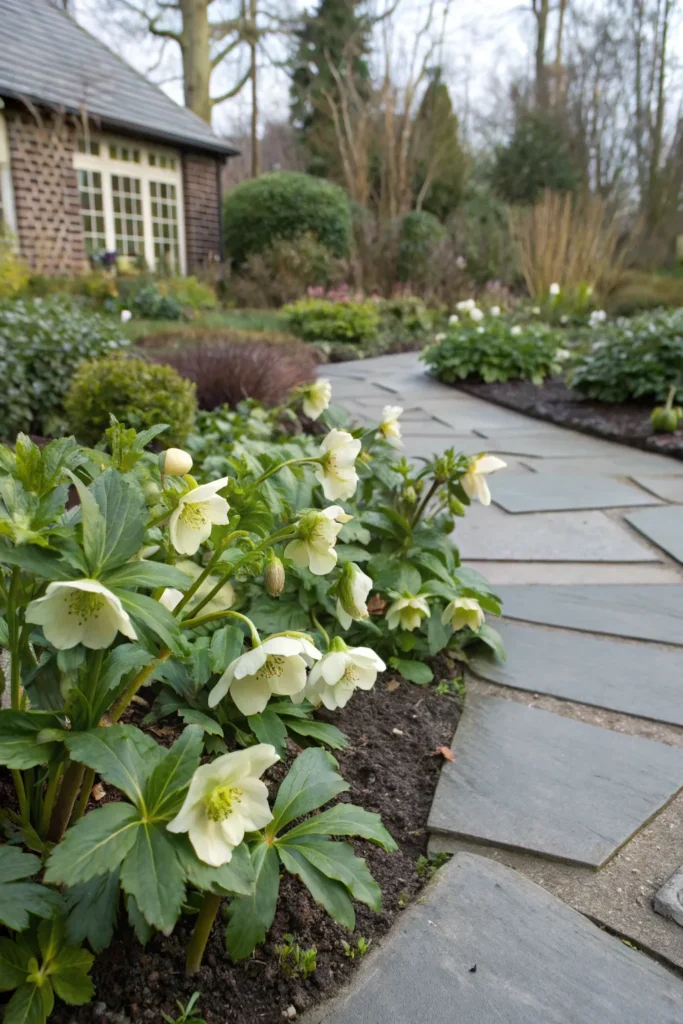
Hellebores bloom in late winter or early spring when little else does, adding beauty when your garden needs it most.
Their leathery, toxic leaves make them completely rabbit-proof. Plant them in partial shade for a reliable, elegant groundcover.
Dusty Miller
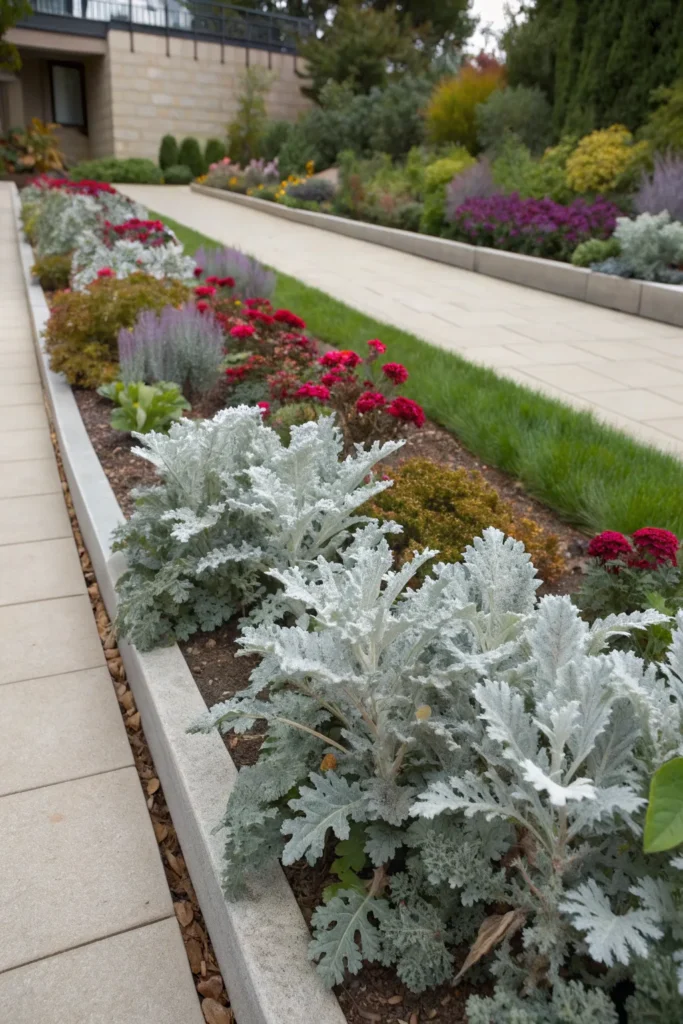
With its silver-gray foliage and fuzzy leaves, Dusty Miller adds soft contrast to colorful flower beds — and rabbits want no part of it.
It’s perfect for edging or pairing with bold annuals. This resilient plant handles heat, drought, and frost with ease.
Why Rabbit-Resistant Plants Work
Rabbit-resistant plants rely on nature’s own defense system — strong scents, bitter flavors, or unusual textures that rabbits find unpleasant. By mixing a few of these into your flower beds or borders, you’ll create a garden that looks beautiful but isn’t worth nibbling on. The best part? You won’t need sprays or barriers — just smart planting.






